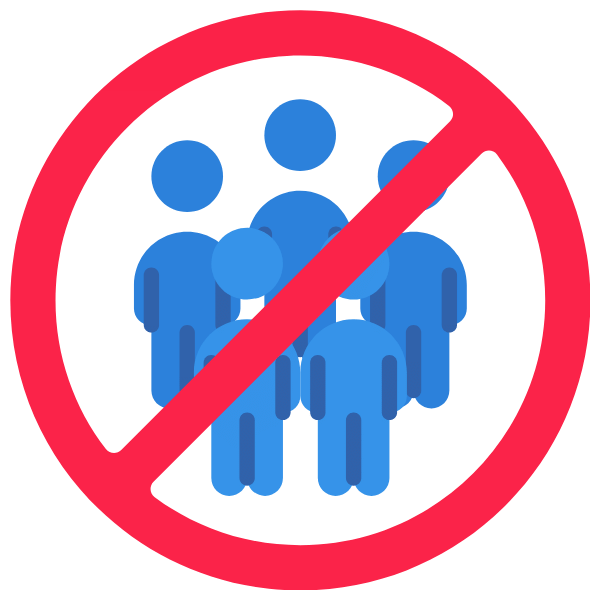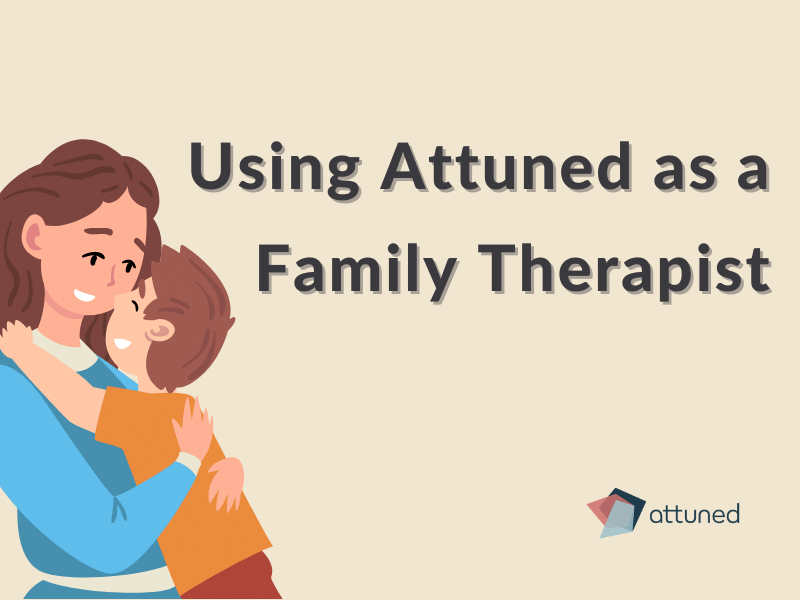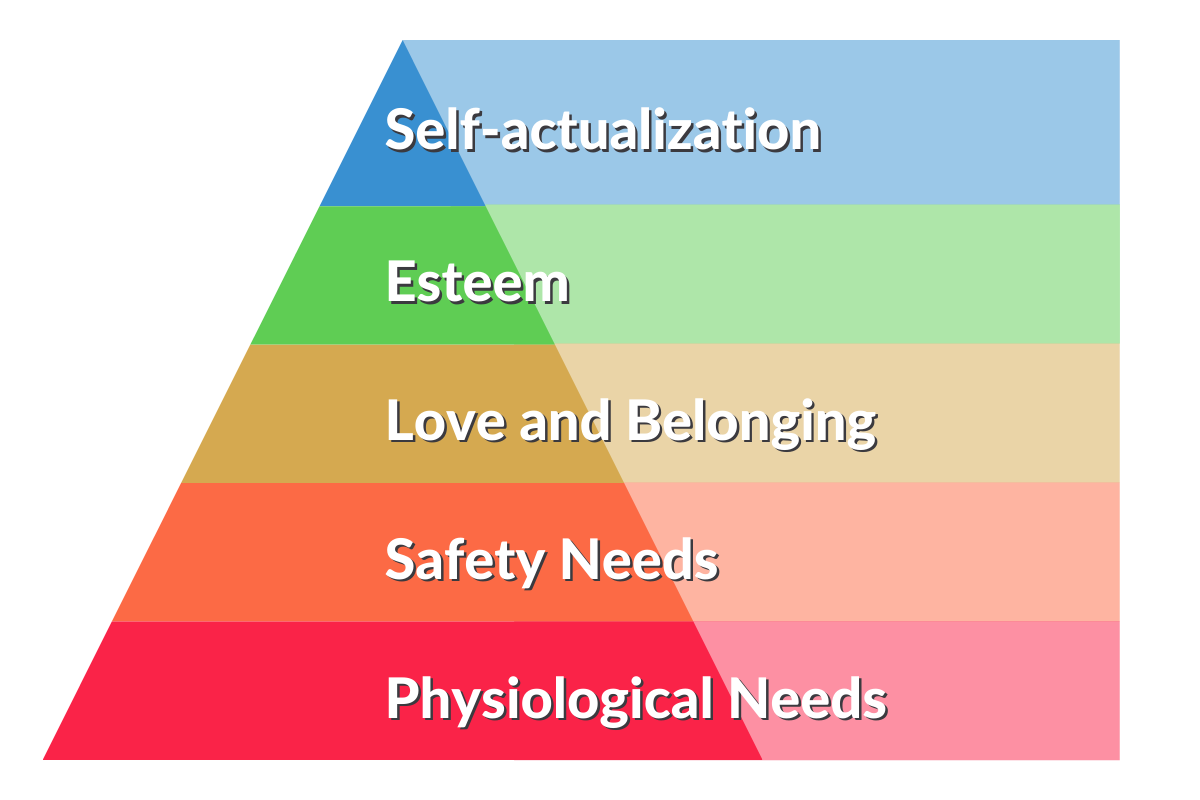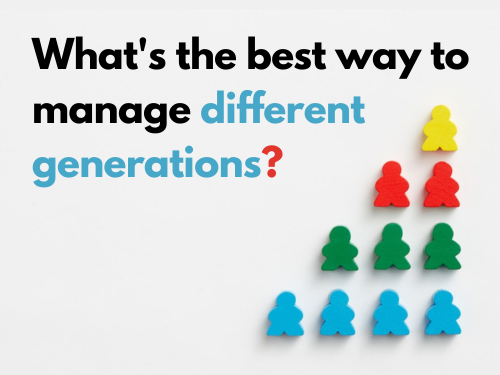When I finally asked my Mom to take the Attuned Motivator Assessment, some of my assumptions were confirmed by the results. At 2%, her Security score confirms that she doesn’t care a whole lot—to say the least—for rules and predictability.

At 30%, her Social Relationships score isn’t particularly high either. But in her own personal hierarchy of motivational needs, Social Relationships are nevertheless important, coming in fourth place—and certainly an order of magnitude more important for her than Security.
This observation prompted me to look at my own motivational profile, which I’ve known for years, in a different light.
Even though Security is not a particularly important value to me overall (I score 23%), it is certainly more important than Social Relationships. The doubt of not knowing whether I’ve infected my Mom on her birthday was significantly more difficult for me to bear emotionally than limiting our time together would have been.
For her, it was the exact opposite.
Our profiles reveal another way in which we are both similar (compared to the whole wide world) and different (compared to each other).
Rationality is a fairly important motivating factor for us both, with each of us scoring in the middle of the scale, her at 42% and me at 60%. We both read widely about the world, we both consult various sources, we both compare facts and opinions, and we both tend to approach decisions logically. But we both also take subjective factors, like our intuition and others’ feelings, into consideration.
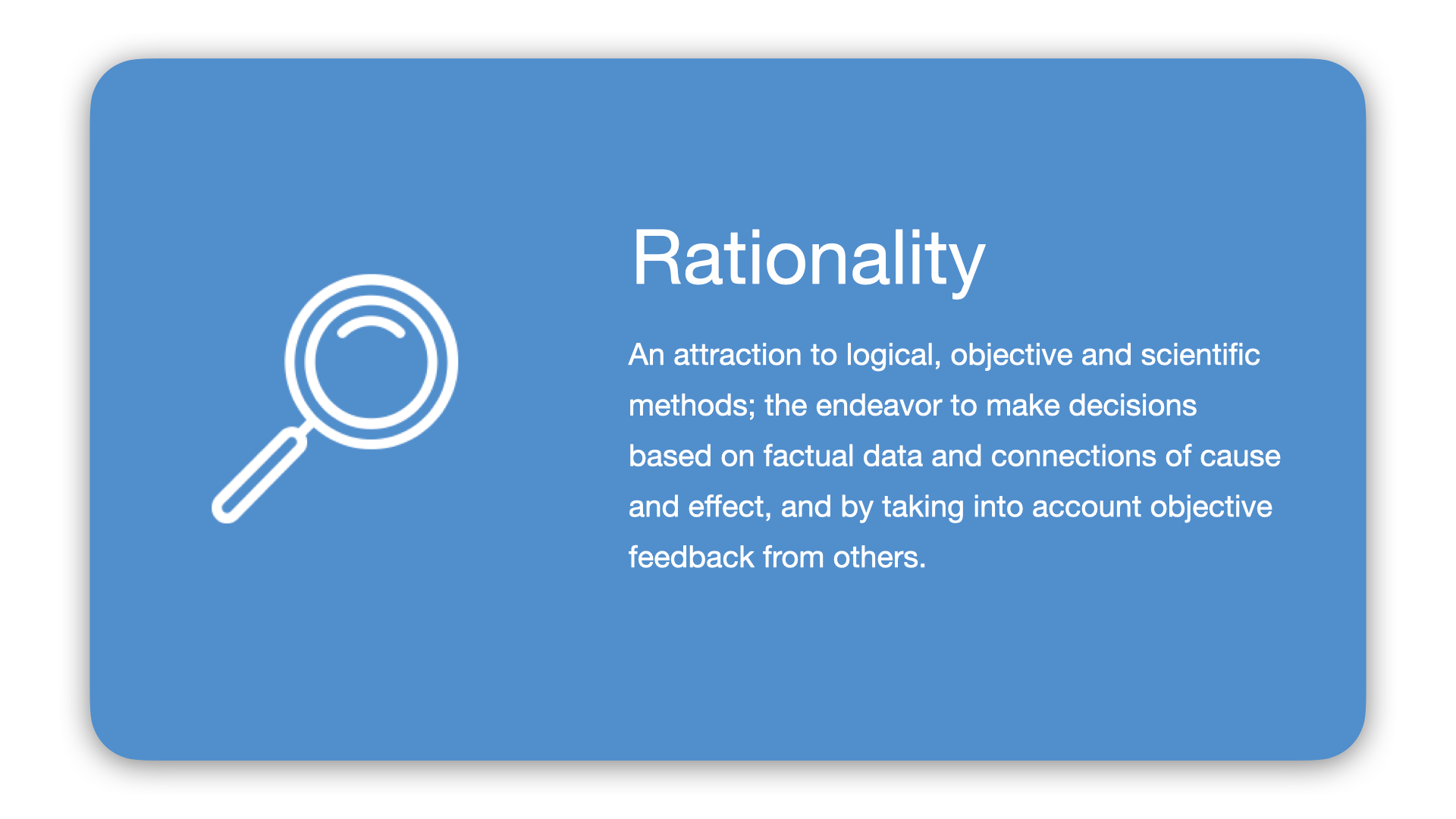
However, with an almost 20% difference in our scores, we do have a subtle but important difference in our preferred mix of the objective and the subjective when making decisions. When facts and feelings collide, I am more likely to be guided by the facts, while she is more likely to be guided by feelings. The risk for me is that I might choose a course of action that seems perfectly rational to me (for example, not hugging my Mom on her birthday) without sufficiently considering its emotional impact on others—or myself. The risk for her is that she might choose a course of action that feels right to her but may be seen by others—or herself, eventually—as irrational, or, given her low need for Security, possibly risky (for example, when she invested all her savings in stocks and lost most of them in the financial crisis).
Now, with both our profiles at hand, we’re able to have much better conversations about how we are both alike and different from each other.
I now feel that I’ve sometimes unfairly labeled my Mom as irrational in the past while thinking of myself as more rational than I really am. Comparing our Attuned profiles has made me realize that we are more alike than I was willing to admit. We both strive to be driven by the facts but we both find it important not to stick to them until the bitter end—since human emotions, especially those of our loved ones, are important to both of us.

Comparing our profiles, I’ve also become more attuned to my own need for Security. Previously, I’ve prided myself perhaps a little bit too much on my relatively high tolerance for changes and ambiguity, without admitting—even to myself—that I, too, need a degree of structure and predictability to feel safe. I now find this observation makes it easier for me to communicate if and when I feel uncomfortable in a situation, rather than gritting my teeth and pushing through in silent frustration.
And most importantly, comparing our Attuned profiles has helped me realize, perhaps for the first time in our lives, that my Mom needs me—my actual, physical presence, the sound of my voice, my smile, my hug, my touch to comfort her—more than I need hers.
Instead of the sinking feeling of disconnect that I have sensed developing between the two of us ever since the pandemic started, I now find myself remembering the many ways in which she comforted me and my sisters when we were sick or sad or simply needed to feel safe. And for the first time in a while, I’m starting to feel something different.
I’m feeling connected.
